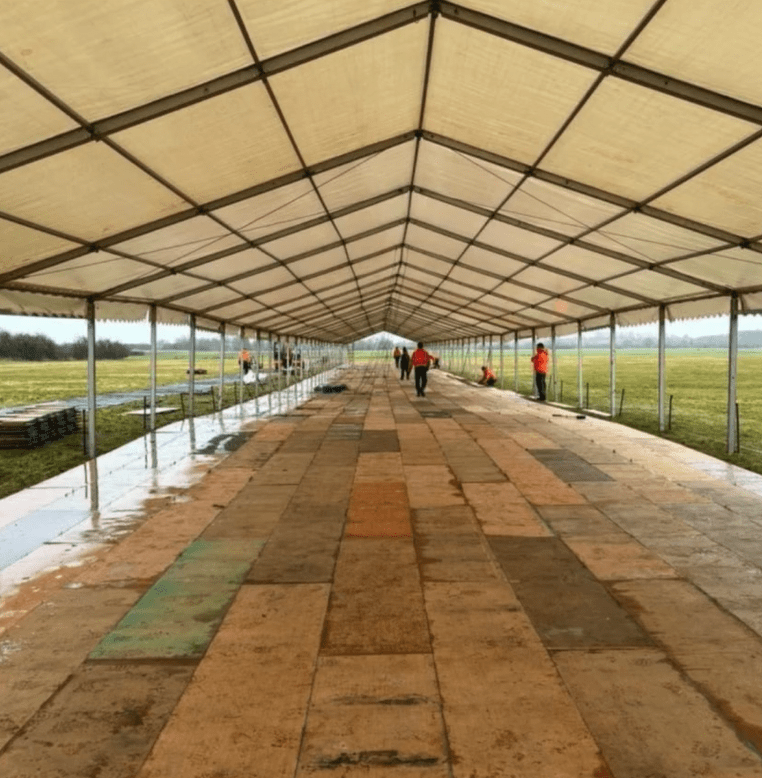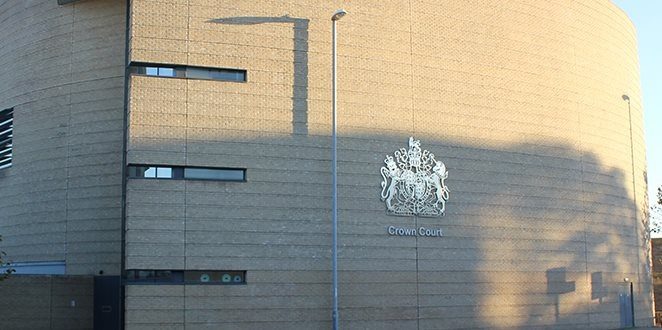Ministers must act urgently to enable women and children avoidably harmed by medical intervention to receive compensation and care; MPs say in a report published today.
Their findings support a high-profile campaign led by Cambridgeshire journalist Kath Sansom who gave evidence to the Health and Social Care Committee.
Ms Sansom’s ‘Sling the Mesh’ campaign has been spent years “raising awareness of one of the biggest health scandals of our time”.
Last year Kath was named the Agent of Change National winner at the She Inspires Awards 2022 for all the work done to highlight the issues with vaginal mesh.

Now the committee of MPs has issued a report in which they raise “particular concerns” about the Government’s failure to collect data on the number of women who experienced complications following surgical mesh surgery.
The committee’s findings also cover the use of sodium valproate and failure to collected data on those who have been affected directly by the drug or had given birth to children affected by it.
MPs question why it would not be in the interests of the Government to monitor the transgenerational effects of the drug sodium valproate and would welcome an explanation from the Health Minister.
The report finds that families have waited too long for redress or compensation because litigation through the courts was the only option open to them.
Ministers had rejected an alternative approach recommended by the independent IMMDS review more than two years ago for a stand-alone redress agency.
MPs conclude that the ‘claims gateways’ which the government argued would provide further support were little more than web pages and of little benefit to those who have repeatedly expressed their frustration in seeking redress.
Appearing before the Committee, Health Minister Maria Caulfield said she would be willing to consider the option of a Redress Agency as well as redress schemes.
Chair of the Health and Social Care Committee Steve Brine MP said: “We heard heart-breaking accounts of how the health system has failed to provide proper guidance, care and support to women and their families despite them having suffered avoidable harm as a result of medical interventions.
“Though the government was asked to make a full public apology and did so in response to an independent review two years ago, a number of the recommendations Ministers accepted then have still to be fully acted upon.

“Crucially, those affected have been unable to get rightful redress because to win a legal claim for compensation they had to prove blame on the part of the healthcare provider.
“We have been encouraged to hear Health Minister Maria Caulfield say she is now willing to look at the idea of a redress agency and urge swift progress to rectify years or even decades of hurt.”
MPs took evidence at a hearing in December.
Witnesses included Kath Sansom, founder of ‘Sling the Mesh’ which campaigns against the use of surgically inserted vaginal mesh.
She told MPs about life-changing surgery to treat stress incontinence, an experience she described as horrific.
For some women, implanted mesh could be a “ticking time bomb” with complications arising long after surgery.
In 2018 Ministers accepted a recommendation from the IMMDS review’s report and paused all procedures where mesh is inserted vaginally.
Another witness, Emma Murphy described being advised that sodium valproate was the safest medicine to take in pregnancy for epilepsy.

Mr Barclay , then a junior health minister, said: “ Following the Government’s announcement this week of a suspension of the use of vaginal mesh, I wish to pass on my thanks to constituent Kath Samson, who has campaigned tirelessly and bravely for this via her Sling the Mesh Group.
“Whilst it has taken longer than both of us would have liked, and there is more still to be done, Kath has succeeded in getting this issue firstly reviewed and then acted on.”
Her five children developed foetal valproate spectrum disorder, along with autism. The drug is known to cause problems for a baby’s development, including birth defects and long-term learning difficulties.
Since April 2018, 286 women have been prescribed sodium valproate in a month in which they were pregnant. MPs found it unacceptable that children were still being born to mothers who had not been properly advised of the likely side effects of ingesting sodium valproate when pregnant.
Despite improvements, MPs express concerns that unless the Government ensures a rigorous system was in place, standards could slip.
The report notes that the drug has had and continues to have a devasting effect on thousands of children, some now adults. MPs say their thoughts are with families who continue to battle the harmful effects.
The Government is urged to ensure that two recommendations made by the IMMDS review, and accepted by it, on the recording of procedures that patients have undergone, or drugs prescribed were fully implemented to avoid the health system continuing to “fly blind.”
Patient Safety Commissioner
The Report warns that the work of the Patient Safety Commissioner must not be impeded by a lack of resource. The new post was recommended by the IMMDS review. When the Committee endorsed Dr Henrietta Hughes’ appointment as PSC last year, it flagged that without adequate resource there was a serious risk that the role could fail.
Key recommendations to the Government:
- The Committee would welcome a statement from the Minister on the review of redress and a possible Redress Agency, with more details on what such a review would include and seek to achieve, and timeline for completion.
- It urges the Secretary of State to make a statement detailing the Patient Safety Commissioner’s review of redress schemes for the medical interventions dealt with by the IMMDS review, and what additional resources will be made available to her to undertake it.
- Urges the Secretary of State to ensure that the Patient Safety Commissioner’s ability to carry out her important role, as her duties and responsibilities become more clearly defined, is not impeded by a lack of resource for and within her office.
- Urges Government to enact legislation to set up register of industry payments to clinicians.
FACT FILE
The Health and Social Care Committee held an evidence session in December 2022, following up the Independent Medicines and Medical Devices Safety (IMMDS) review’s report, ‘First Do No Harm’ which was published in July 2020.
The review had examined the response of England’s healthcare systems to reports of harmful side effects from medicines and medical devices and how to respond more quickly and effectively in the future.
Three medical interventions were specifically considered: vaginal surgical mesh, sodium valproate and Hormone Pregnancy Tests. Due to ongoing litigation the Committee was unable to take oral evidence on Hormone Pregnancy Tests.































